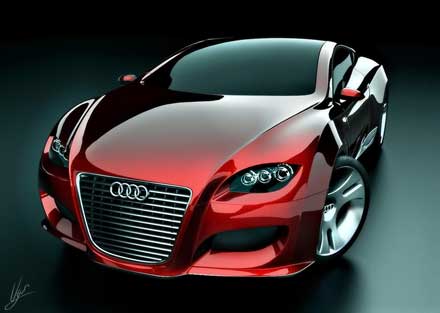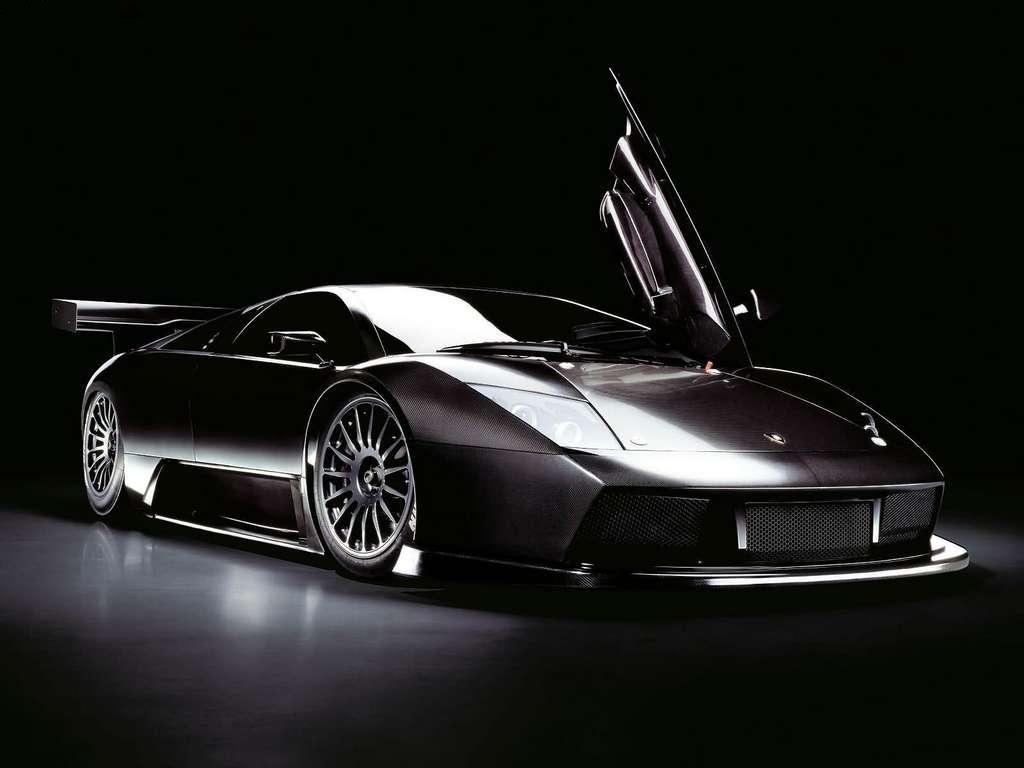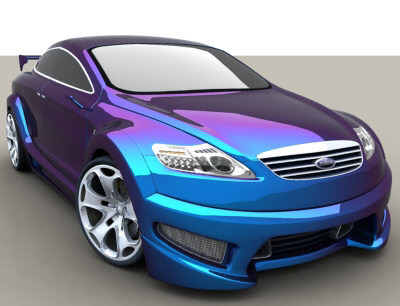
 To prove their point, CGC tested three hybrids (Toyota Prius, Honda Civic IMA and Lexus GS450h) and three diesel models (Euro Ford Focus Econetic, Jeep Patriot 2.4d and BMW 535d) in similar circumstances. The tests involved a return trip from central
To prove their point, CGC tested three hybrids (Toyota Prius, Honda Civic IMA and Lexus GS450h) and three diesel models (Euro Ford Focus Econetic, Jeep Patriot 2.4d and BMW 535d) in similar circumstances. The tests involved a return trip from central
Jay Nagley, Publisher of Clean Green Cars commented, “People may be surprised to learn that hybrids are no better in the real world than diesels, but our tests confirmed what we had long suspected. Hybrid technology offers the prospect of real benefits, but only with the next generation of plug-in hybrids using more advanced lithium-ion batteries which are expected from 2010.Current models only confer dinner-party bragging rights.” -Continued
As CGC points out, with the exception of some Lexus models, which can drive at 20 mph-plus on electric power, in general hybrids spend almost no time driving on battery power alone, and in some cases like the Honda Civic IMA, electric power is used solely to boost performance. Moreover, the key advantage of hybrids which is the fact the engine does not idle at traffic lights has also made its appearance on diesel models in the form of stop start technology. And lets not forget that if the batteries run down, a hybrid will automatically start the petrol engine at traffic lights to recharge the batteries. In a recent test performed by CGC, a Mini diesel with stop start technology managed to achieve 50.7
Richard Bremner, editor of Clean Green Cars said, “We are not anti-hybrids. The concept offers the prospect of genuine fuel saving with models promised from 2010 that will drive up to 40 miles on electric charge. However, today’s models using current battery technology offer no real environmental benefits for British drivers. For your next new car, we would generally recommend an economical conventional engine – for the one after that a hybrid may make sense.”
The website says that hybrids became popular in the
Link: Clean Green Cars









